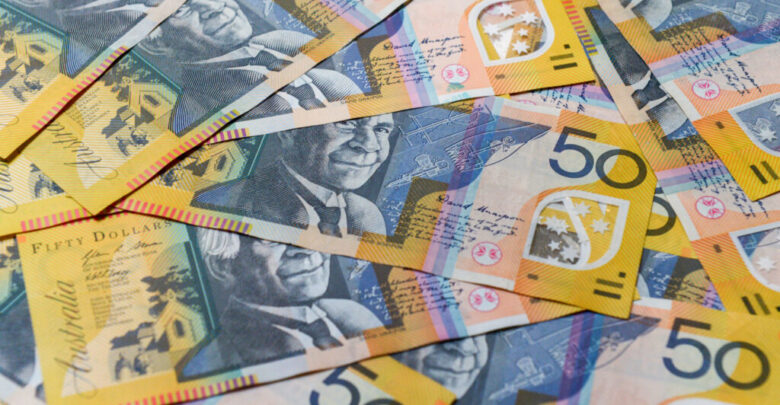

CANBERRA, Australia — Australia has been urged to seize on international ambition and phase out the sale of new petrol and diesel cars by 2035.
The Grattan Institute said scrapping stamp duty for electric vehicles would cut their cost by up to 6.5 percent and speed up the switch from higher-polluting cars.
In the absence of an economy-wide price on carbon, the institute argues the changes would help Australia achieve net zero emissions by 2050.
Introducing an emissions standard for new passenger and light vehicles, and tightening that to zero by 2035, would also encourage manufacturers to sell low and zero-emissions cars into Australia.
“Australia has suffered more than a decade of policy uncertainty on climate change,” the report said.

“Converging international and domestic political pressures have created a window of opportunity for progress on climate change policy.”
The European Union has proposed an effective ban on the sale of new petrol and diesel cars by 2035.
Closer to home, Victoria this month began charging electric vehicle drivers 2.5 cents for every kilometer traveled in the state.
The Victoria government justified the controversial tax by saying it would ensure everyone paid to use the road.
Australia’s annual emissions from transport grew from 82 million tonnes in 2005 to 101 million tonnes in 2019, driven by population growth, along with increased freight and flights, as per reports by the Climate Council.
“Transport emissions have grown more than any other sector, increasing nearly 60 percent since 1990, states the report.
“Cars are responsible for roughly half of all transport emissions (Australian Government. Collectively, Australian cars emit roughly the same per year (43MtCO2e) as Queensland’s entire coal and gas-fired electricity supply.”

Covid-19 drove emissions down by seven million tonnes last year, but they are expected to rebound and plateau at 100 million tonnes by the end of the decade.
Electricity generation will need to reach net-zero emissions globally in 2040 and be well on its way to supplying almost half of total energy consumption, as per the International Energy Agency reports.
“This will require huge increases in electricity system flexibility, such as batteries, demand response, hydrogen-based fuels, hydropower, and more, to ensure reliable supplies,” states the report.
“By 2045, new energy technologies will be widespread. The vast majority of cars on the roads will be running on electricity or fuel cells, planes will be relying largely on advanced biofuels and synthetic fuels, and hundreds of industrial plants will be using carbon capture or hydrogen around the world.”
The report states that the global energy sector in 2050 is mainly based on renewables, with solar the single largest supply source.
“Achieving this cleaner, healthier future will rely on a singular, unwavering focus from all governments, working closely with businesses, investors, and citizens.”
(Edited by Vaibhav Pawar and Saptak Datta)
The post Scrap New Petrol, Diesel Car Sales: Australian Report appeared first on Zenger News.


